AllHumanities & Social SciencesLiterature & the ArtsSciencesCWP
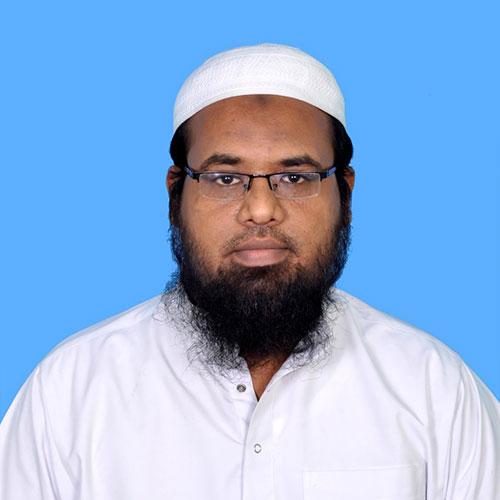
Dr Abuthahir Abdulrahuman
Visiting Assistant Professor of Computer Science
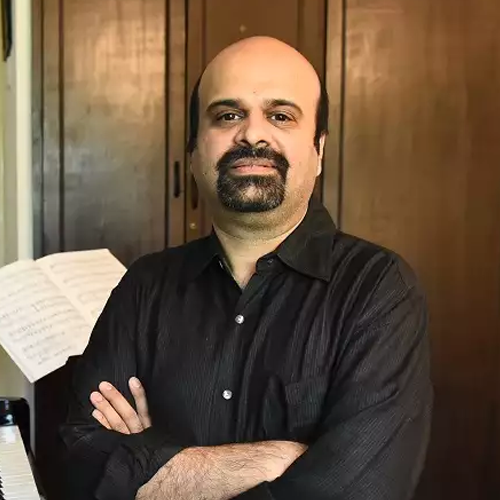
Professor Anil Srinivasan
Visiting Professor of Practice, Literature & the Arts
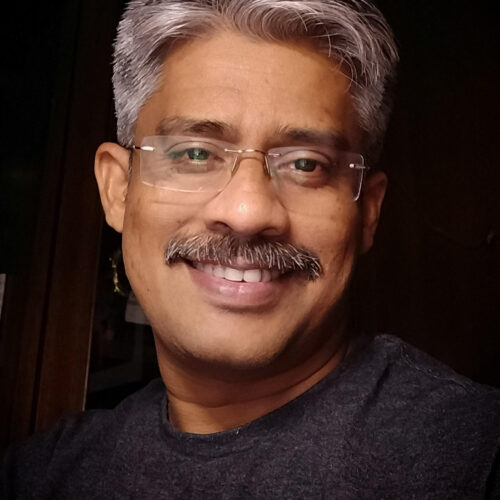
Professor Chiranjib Sur
Visiting Professor of Computer Science
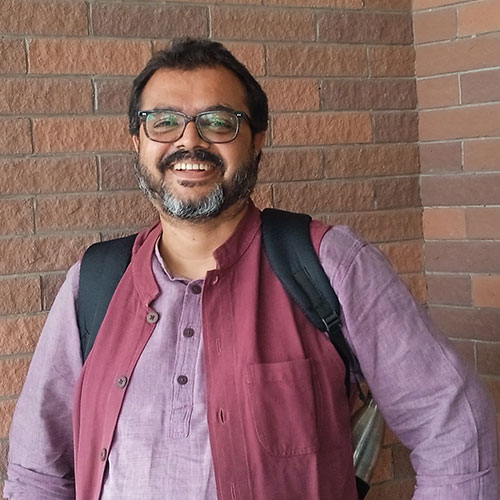
Professor Debdulal Thakur
Visiting Professor of Economics
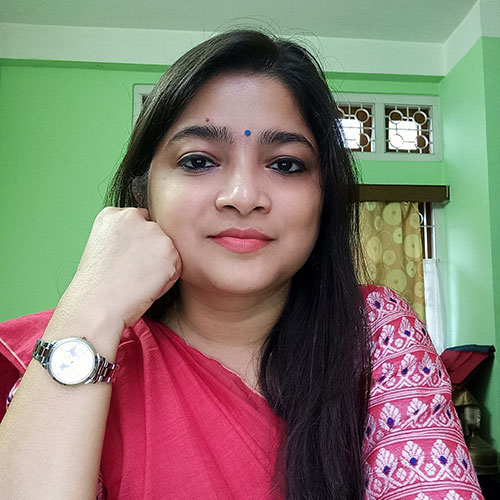
Dr Dipanjali Deka
Visiting Assistant Professor, CWP
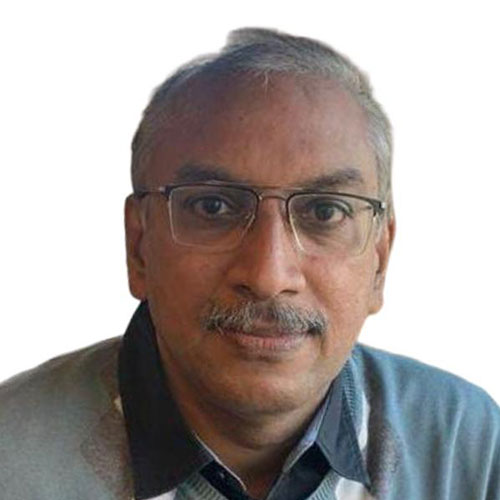
Professor Gautam Banerjee
Visiting Professor of Biological Sciences
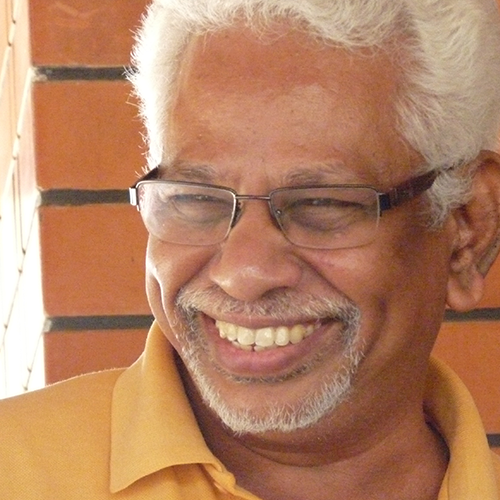
Professor Govindarajan T R
Visiting Professor in Physics
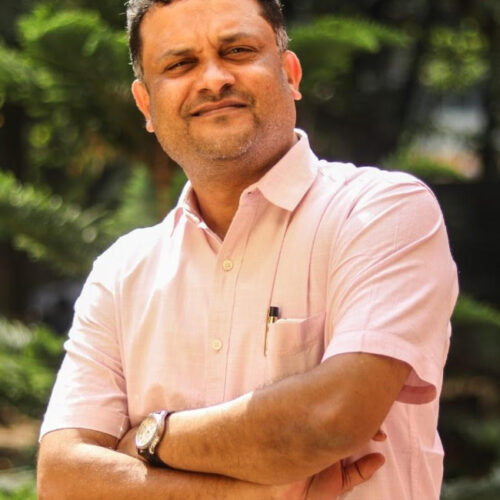
Jaideep Hardikar
Visiting Faculty of Environmental Studies
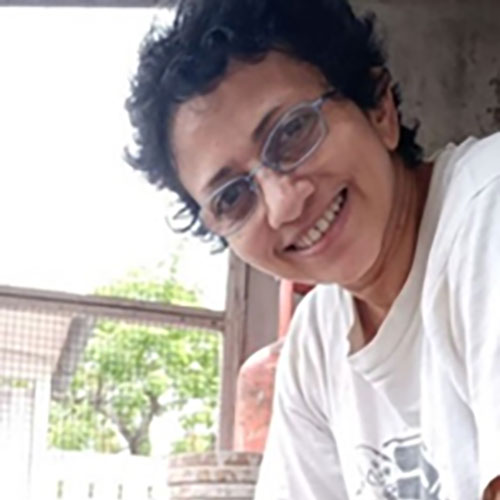
Kaveri Bharath
Visiting Faculty, Global Arts
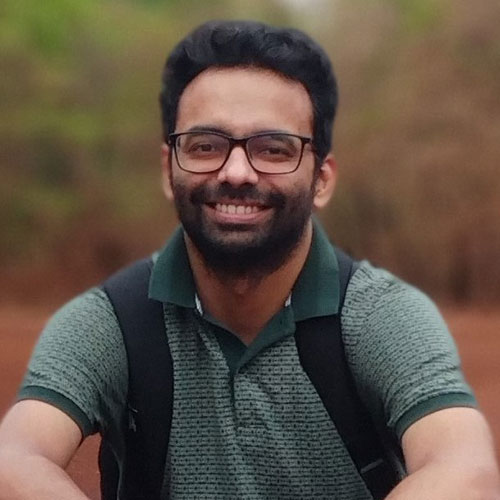
Dr Kishore Gaurav
Visiting Assistant Professor of Literature
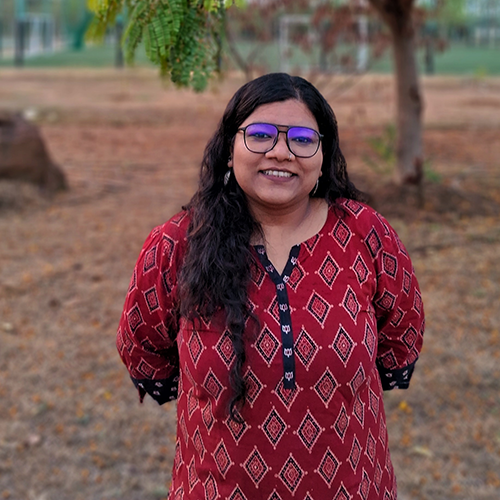
Dr Mitaja Chakraborty
Visiting Assistant Professor, CWP
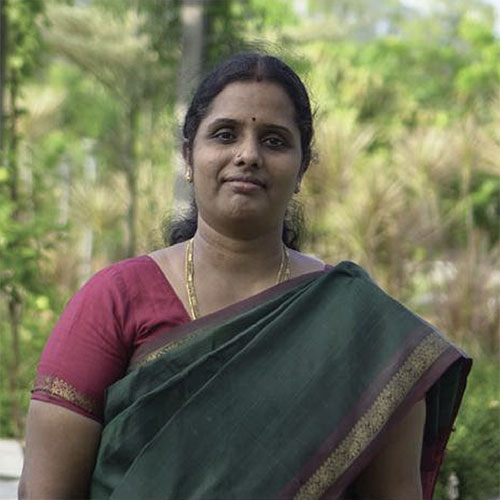
Mullai Thiagu
Visiting Assistant Professor of Computer Science
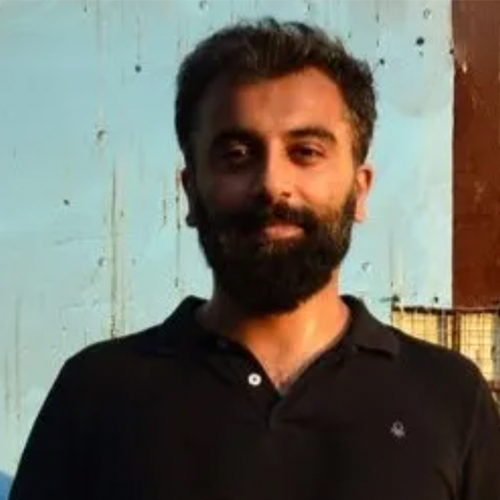
Prayaag Akbar
Visiting Associate Professor of Literature
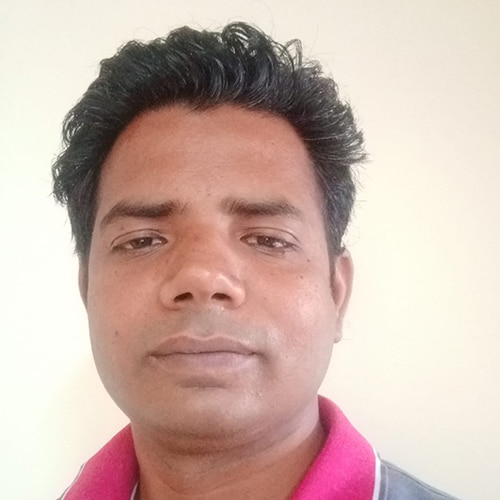
Dr Randhir Rai
Visiting Faculty in Chemistry
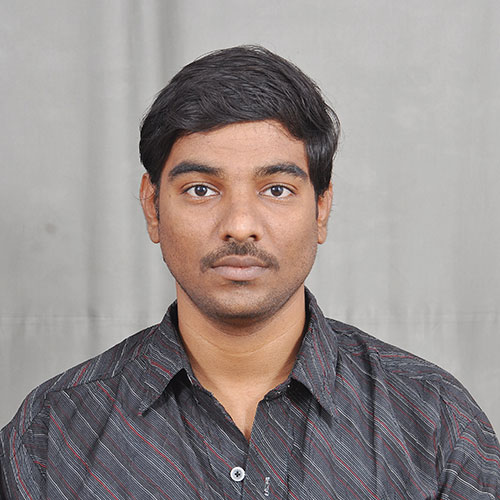
Dr Rangachary Kommanduri
Visiting Assistant Professor of Data Science
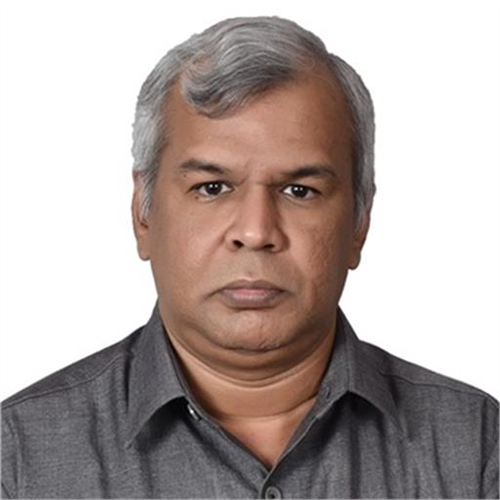
Professor Ravi Prakash Iyer
Visiting Professor of Computer Science
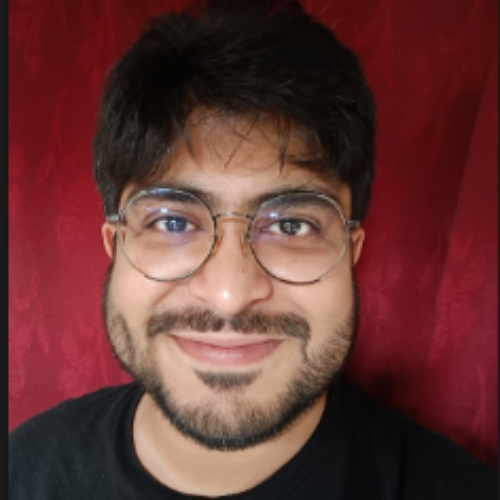
Dr Sayantan Mandal
Visiting Assistant Professor of Psychology
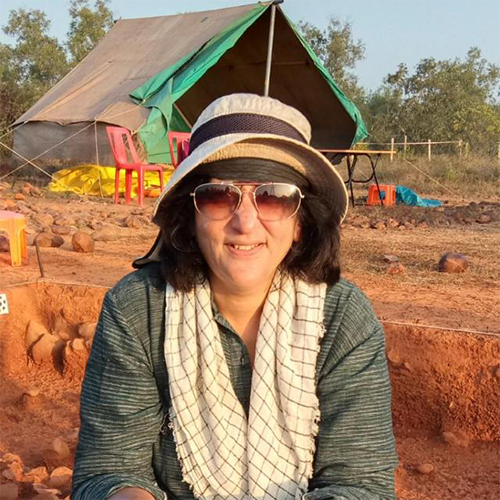
Professor Shanti Pappu
Visiting Professor in Archeology and History
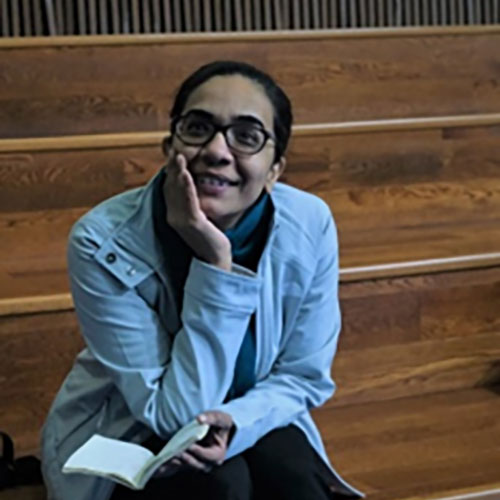
Dr Shilpi Sarkar
Visiting Assistant Professor of Social Studies
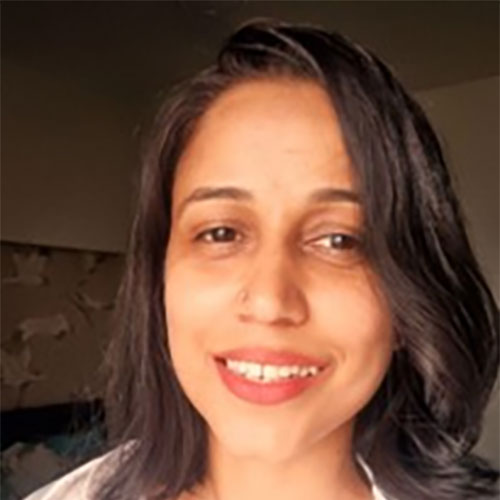
Dr Sonia Ghalian
Visiting Assistant Professor of Literature
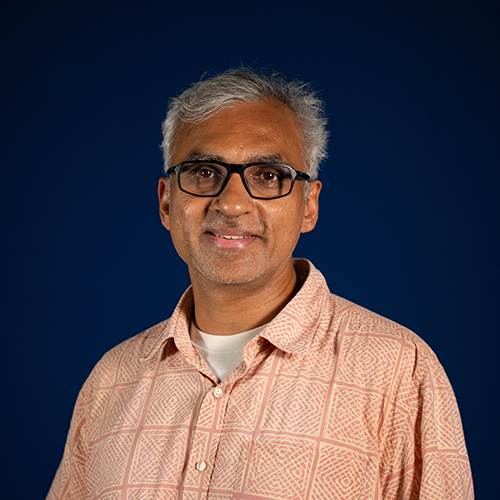
Dr Srikumar K Subramanian
Visiting Associate Professor of Computer Science
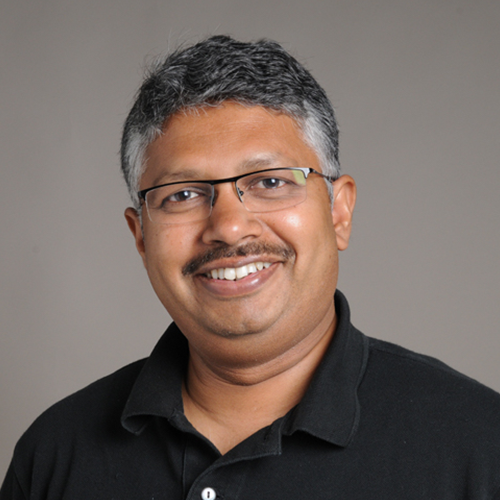
Professor Sudip Roy
ADJUNCT PROFESSOR OF CHEMISTRY
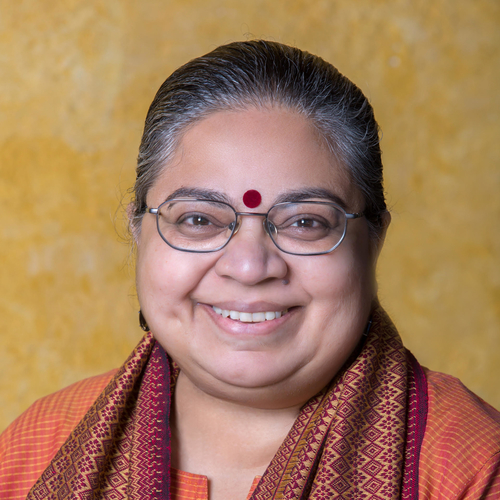
Professor Swarna Rajagopalan
Visiting Professor in Politics
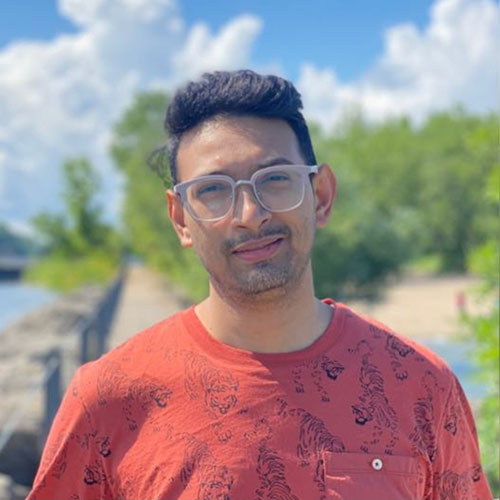
Varun Viswanathan
Visiting Assistant Professor in Psychology
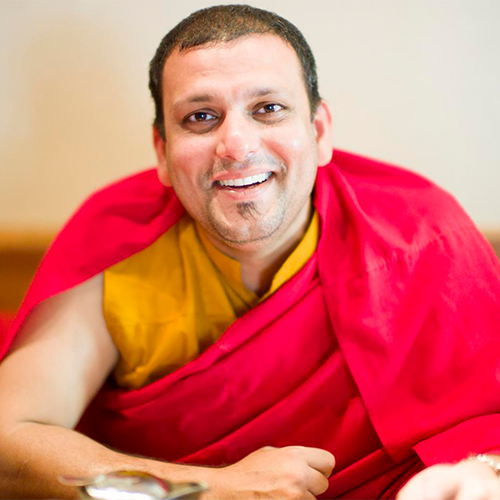
Venerable Tenzin Priyadarshi
Visiting Professor of Practice, Humanities & Social Sciences
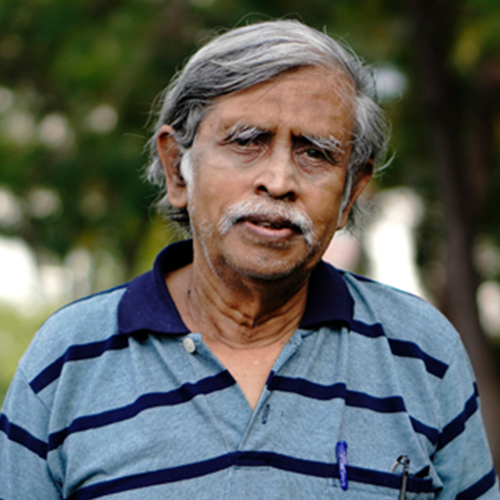
Professor K S Viswanathan
Visiting Professor of Chemistry
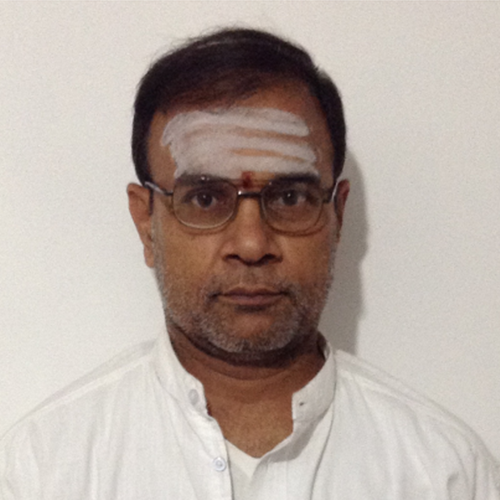
Professor C S Yogananda
Visiting Professor of Mathematics